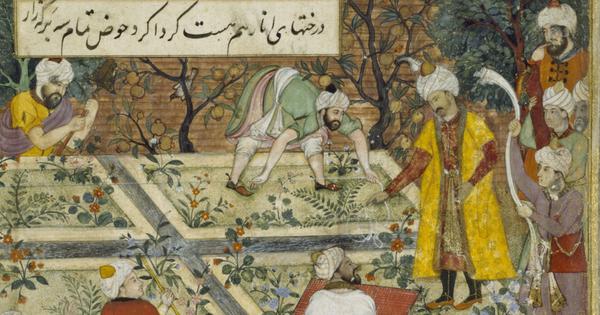There are few spaces around us these days that are more egalitarian perhaps than public gardens. But they are so ubiquitous that we simply overlook how unique gardens are as a public good. Unlike museums or theatres, they are mostly free of charge and open to people of all ages and walks of life. In these natural havens, often in the middle of crowded urban settings, there is something for everyone – friends and families, the fitness conscious, for lovers and for loners. Their universal appeal suggests deep roots and indeed their history goes back surprisingly far and wide.
Daud Ali, Associate Professor of South Asian Studies at the University of Pennsylvania, is one of the few historians who has examined the history of gardens in ancient India. Ali’s research draws upon an astonishing range of Sanskrit texts produced in Indian royal courts: epigraphs, prescriptive treaties, poems and plays. In these, Ali finds evidence that gardens played a particularly significant…
















